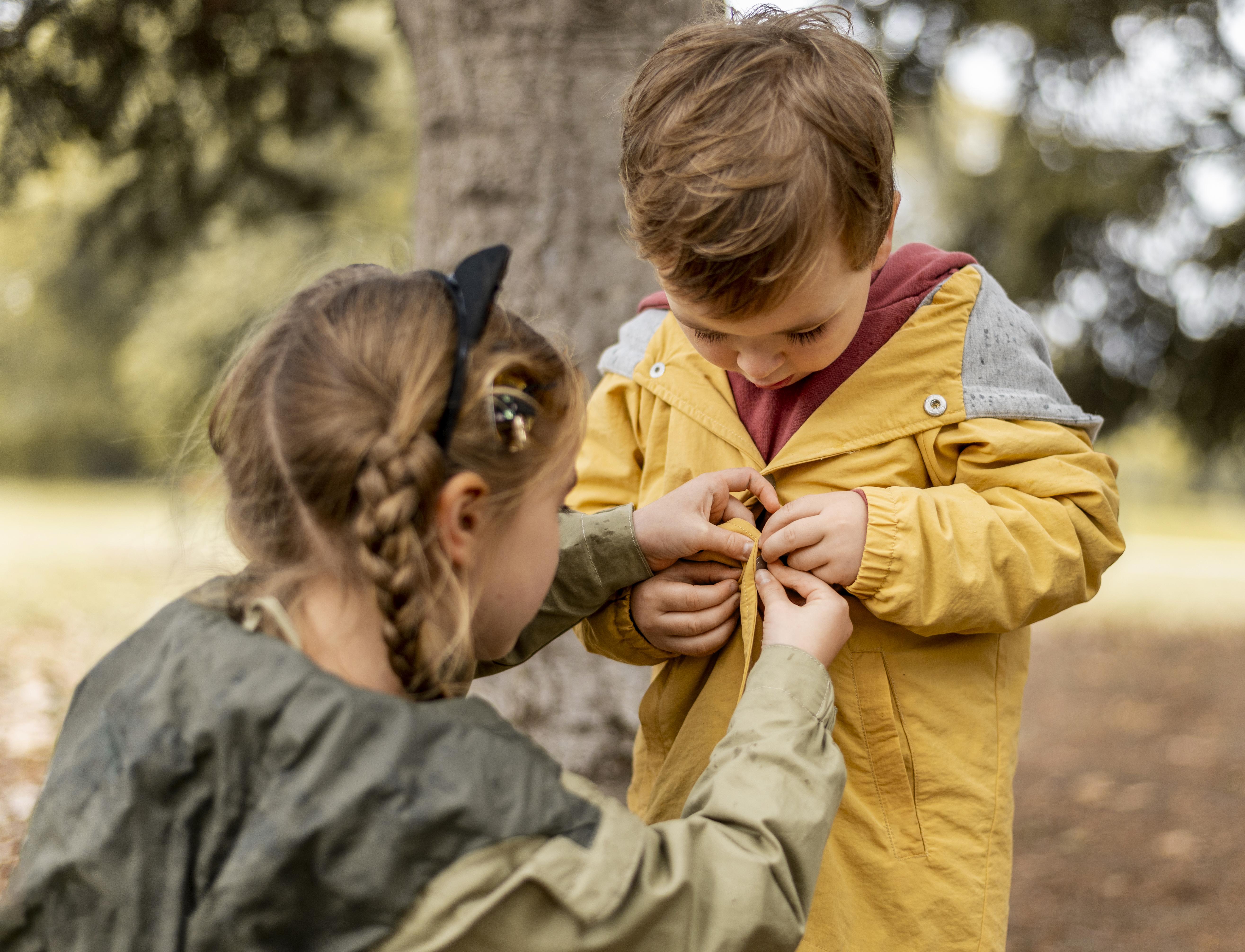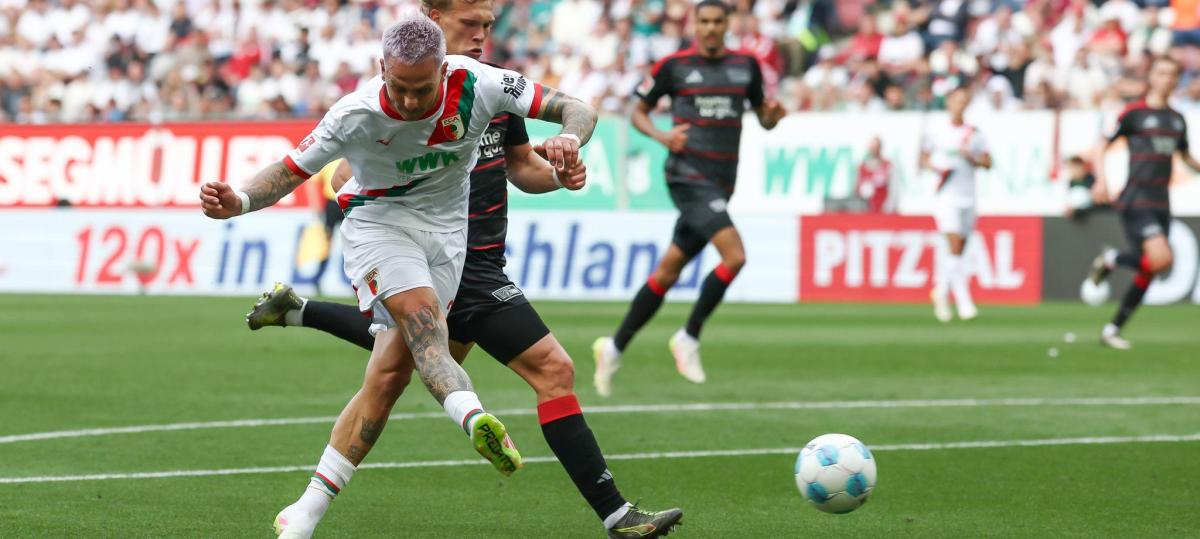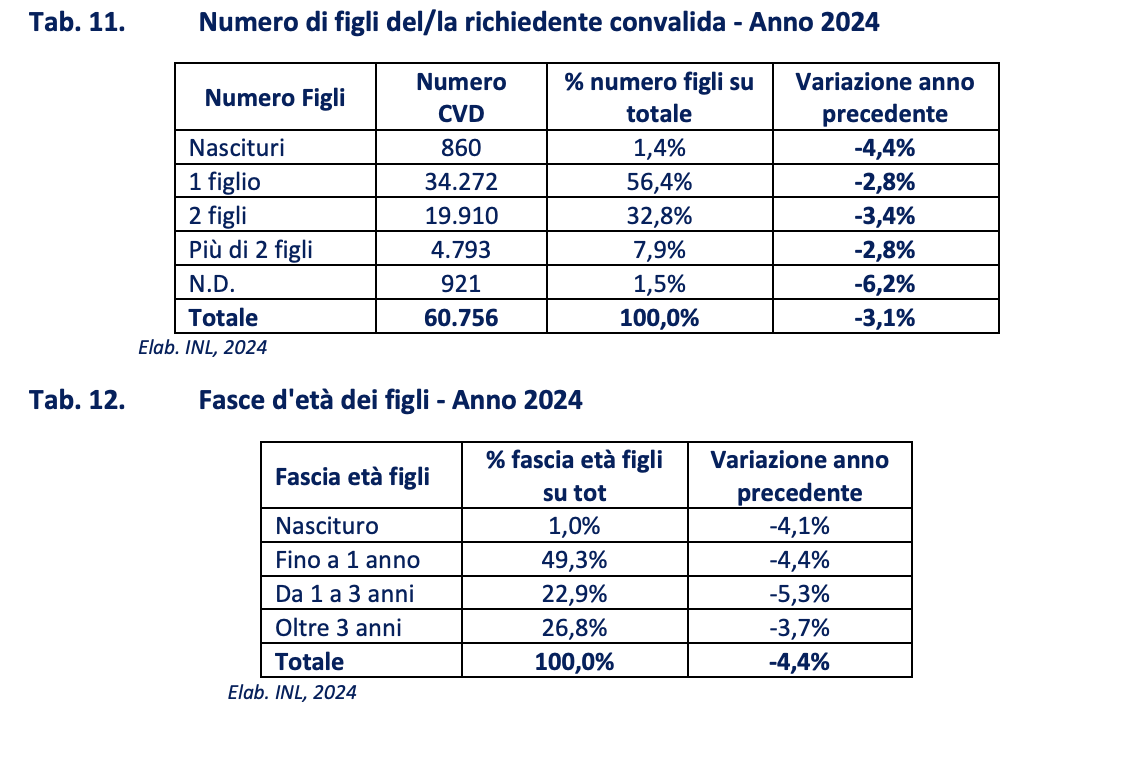Empathy Development: Lessons – In everyday life

To encourage and explain
According to Eidvilė Jokubauskaitė, the defender of the child’s rights, the most effective lessons often lie in everyday life.
« Maybe you need help with a friend and then you can try to help with your child, or maybe you see an injured animal and call environmentalists, wait for them to arrive and look after the injured animal.
Even the smallest and sometimes seemingly insignificant events for a child can become a great lesson in empathy, compassion, benevolence. For example, sharing a toy with a brother or sister can be a great lesson in empathy. It is true that child rights defenders advise that it is important not only to promote empathic behavior, but also to explain why it is important.
« Sometimes, even the phrase like: ‘When you put your sister, she was really happy. Then the child knows that his good work is not appreciated, » she says.
Way: Even the smallest events and seemingly insignificant actions – even to help with a smaller button, help develop empathy. / Photo by Freepik.com
Will help resolve conflicts
Children’s rights defenders and child rights line staff often receive parental requests to advise on how to behave when children get into conflicts, disagree with each other, do not want to share things.
According to E. Jokubauskaitė, the desire of young children to express herself, get more attention from parents or other relatives, get the best things for themselves – natural.
« The young children are still learning what adults seem to be self -evident. It may seem that the child has some selfishness. Not malignant, but just naturally wants attention, love, things to themselves and not yet.
As an example, the interlocutor provides a situation where an older sister and a young brother build a sand castle. The young man suddenly decides to get angry, stands up and ruins the sand castle. The older sister gets angry, maybe calls her brother or even catches her. Finally, he cries because one is angry and the other is caught.
Gentle, respectful and patient communication will also teach children patience and empathy.
E. Jokubauskaitė notices the dilemma falling on the shoulders of her parents: « How to comfort both, how to talk so that one side is not obviously comforted and the other condemned?
Children’s rights defenders always encourage parents to keep in close contact with their child, look into the eyes, hug.
« A brother who destroyed the sand castle can be said, ‘I understand that you didn’t want anything wrong. But your behavior hurt your sister. Are you ready to apologize? » And to an older sister, we can say, « I understand that your brother has hurt you. But you don’t have to nickname or beat, it won’t solve anything. » Are you ready to reconcile? ” – identifies a possible conflict resolution defender of the rights of the child.
The best example is the family
E. Jokubauskaitė notes that we are best remembered in practice. Children learn by observing and listening, so the interlocutor first calls on the adults to show the empathy themselves – both with each other and with the child.
So, looking at a situation where her brother and her sister met because of the destroyed sand castle, the opportunity to sit down with the family and talk is crucial.
« When they get the opportunity to calm down and talk to their parents, children will be able to sit quietly and, with the help of their parents, reconcile.








